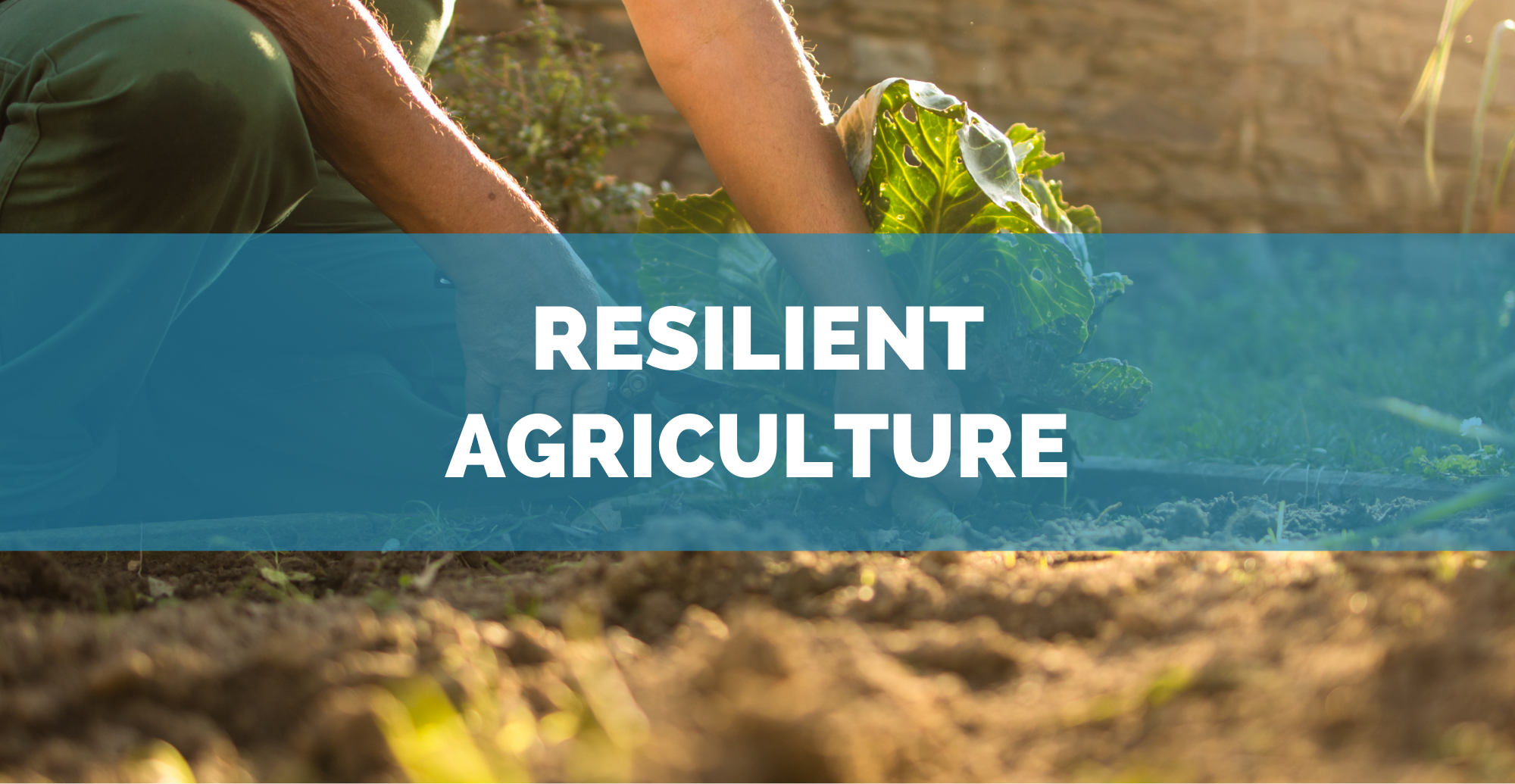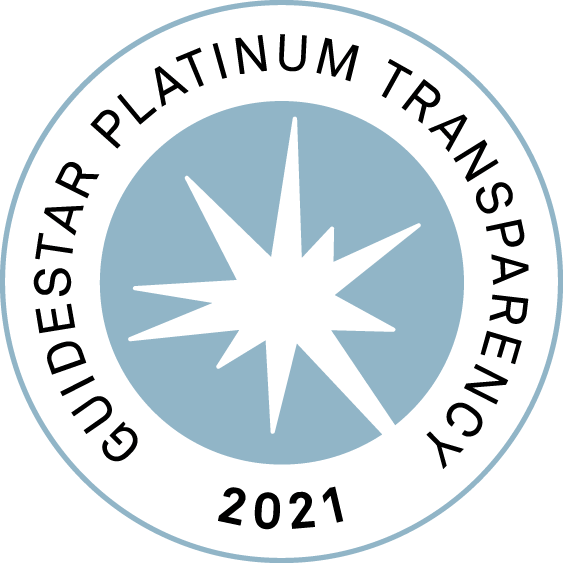
Delta Institute is supporting 1,000 farmers as we transition one million acres of Midwestern farmland to adopt sustainable, regenerative agriculture practices. These partnerships will improve the environment, mitigate the impacts of climate change, and strengthen farming communities’ economies.
Agriculture as a climate solution — and a marketplace driver.
Soil is the underlying resource for agricultural working lands in the United States. It presents one of the most promising opportunities for large-scale climate action in the country. More sustainable food and agriculture solutions can provide approximately 30% of total global climate mitigation, through both emissions reduction and carbon sequestration.
While the environmental benefits of regenerative agriculture are plentiful, these practices also provide significant economic benefits for rural communities. Farmers can see increased profitability in the long term by using less input costs like synthetic fertilizers. Moreover, using regenerative agriculture increases working lands’ resilience to extreme events like flooding, ultimately leading to more profitable farms.
We can’t talk about farming without talking about financing.
However, farmers seeking to make sustainable improvements to their land often face many challenges. Agricultural land management decisions are situated within a complex yet interconnected system, influenced by both social and economic factors. In the Midwest, nearly 50% of agricultural land is leased and therefore managed by farmers who do not own the land and operate on razor-thin margins.
Current land management practices often include using fertilizers and harmful chemicals which pollute local water systems. Watershed-scale conservation programs are typically time-restricted by funding source and do not have standard rollouts or implementation. While greenhouse gas programs and emerging carbon markets present more opportunities to farmers, standardized soil health testing remains as the critical missing component. For our region’s farmers, this means that there is no affordable, effective, or uniform way to utilize critical measurements in their operations.
Delta Institute exists because environmental and economic issues like these hit communities—both urban and rural—through disinvestment, inequity, and policy decisions. As part of our strategic planning refinement currently underway, we are seeking to accomplish the following goals through our Resilient Agriculture program:
Standardize Soil Health Testing and Increase its Use as a Metric for Farm Management:
- Creating a soil health testing guide so that more farmers can benefit from carbon markets and incentive programs;
- Addressing the perceived asset value—or lack thereof—of regeneratively farmed land; and,
- Developing a land valuation approach that incorporates soil health, with a keen focus on farmland appraisals.


Create an Integrated Administration Program to Scale-up Conservation Practice Implementation:
- Assessing current conditions and providing strategic recommendations with regional expansion of conservation practices throughout Southeast Michigan, with statewide (and beyond) implications;
- Evaluating the gaps, needs, and interconnectedness between conservation practice adoption and incentive programs;
- Sequestering carbon, reducing nutrient pollution, and improving water quality through land management (including pay for performance in target watersheds); and,
- Creating Midwest-specific value chains that center regeneratively produced materials while investing in local farmers.
We work every day to create a more resilient region for all our Midwestern family, friends, and neighbors.
Please join our efforts and help us today.
Delta Institute is a 501(c)(3) nonprofit organization (Federal Tax ID: 36-4210191) in good standing. Your charitable contribution is tax-deductible to the fullest extent allowed by law. Delta Institute is a recipient of the Platinum Seal of Transparency from GuideStar, a nationally recognized charity watchdog.
Feel free to grab a cup of coffee and visit our GuideStar charity overview to learn why Delta Institute is a top-rated charity. You may also download our charity summary.


